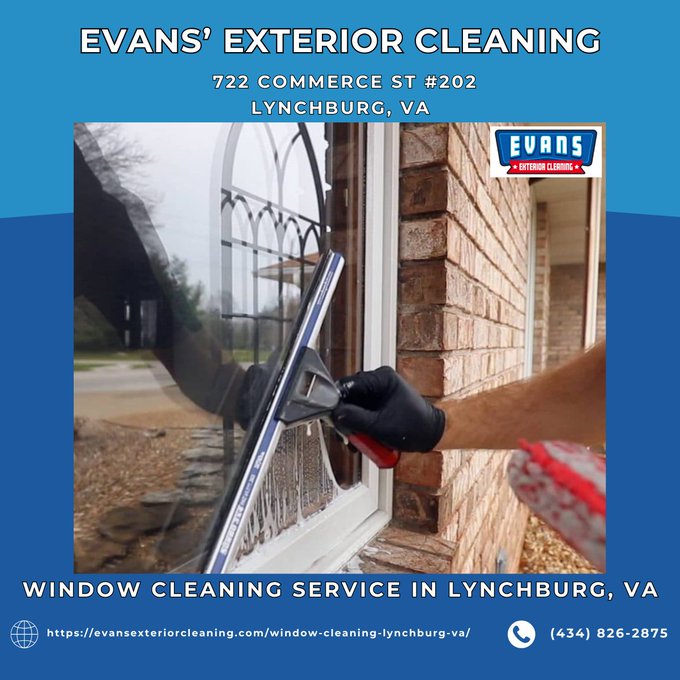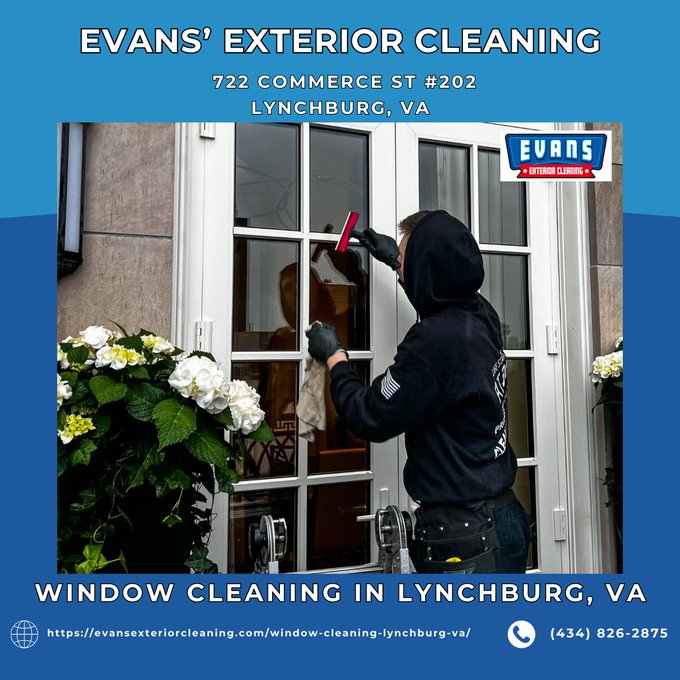Introduction
Cleaning windows is often seen as one of those tedious chores that many homeowners dread. But did you ever stop to think about what goes into the solutions that professional window cleaners use? If you’ve hired someone to clean your windows or are thinking about it, understanding the cleaning solution can make a significant difference in both effectiveness and safety. In this article, we’ll dive deep into the topic, exploring everything from the types of solutions used by professionals to how often you should consider getting your windows cleaned.
What Do Professional Window Cleaners Use in Their Solution?
When it comes to window cleaning, professionals often rely on specially formulated solutions designed to cut through grime while leaving glass streak-free. Most of these solutions contain a blend of surfactants, solvents, and other ingredients that help break down dirt and grease. Here’s a closer look at some common components:
Surfactants: The Dirt Fighters
Surfactants are compounds that lower the surface tension of liquids, helping them spread and penetrate more effectively. They are critical for breaking down tough grime and dirt. Some popular surfactants include:
- Sodium Lauryl Sulfate: Often found in household cleaners. Cocamidopropyl Betaine: Derived from coconut oil and used for its mildness.
Solvents: The Grease Busters
In many cases, solvents are included in window cleaning solutions to dissolve oils and grease that water alone can't tackle. Common solvents include:
- Isopropyl Alcohol: Known for its fast evaporation rate. Ammonia: Effective but needs careful handling due to its strong odor.
Water: The Universal Solvent
While it may seem simple, water plays a vital role in any cleaning solution. It acts as a carrier for other ingredients and can help rinse away debris.
Additional Ingredients
Some professional formulas also include additives like fragrances or anti-static agents to enhance usability or performance.
Are Professional Window Cleaners Worth It?
You might wonder whether hiring a professional window cleaner is worth the investment. The answer often depends on several factors:
Expertise and Experience
Professional cleaners bring years of expertise to the table. They understand which methods work best for different types of windows and how to tackle hard-to-reach areas efficiently.
Safety First
Cleaning high or tricky windows can be hazardous if you're not trained or equipped with the right tools. Professionals have safety gear and know-how to mitigate risks effectively.
Time-Saving
Let’s face it; most people lead busy lives. Hiring a professional frees up your time for more enjoyable activities than scrubbing windows!
Quality Results
A pro will likely achieve cleaner, streak-free results using specialized equipment and techniques that an average homeowner wouldn't possess.
How Much Should You Charge to Clean 1 Window?
If you're considering starting a window-cleaning business or simply want to know how much you should pay someone else, pricing can vary based on several factors:
Average Pricing Models
Per Window: Many professionals charge between $2-$10 per window depending on size and accessibility. Per Hour: Some charge hourly rates ranging from $25-$75 based on their experience level. Flat Rate: For larger jobs (like entire homes), some cleaners offer flat rates which could range from $100-$400.Factors Influencing Cost
- Size and number of windows Accessibility (e.g., multi-story buildings) Type of cleaning required (inside vs outside)
How Often Should Residential Windows Be Cleaned?
The frequency with which you should clean your residential windows varies significantly based on numerous factors:
General Recommendation
For most households, it's advisable to clean windows at least twice a year—once in the spring and once in the window cleaning Lynchburg, VA fall—to prevent buildup over time.
Factors Affecting Frequency
- Location: Areas with high pollen counts or industrial activity may require more frequent cleaning. Seasonality: Rainy seasons may leave windows looking worse quicker due to mud splashes.
What Is the Difference Between Window Washing and Window Cleaning?
Many people use these terms interchangeably, but they can imply different processes:
Window Washing: A Surface Approach
This generally refers to removing visible dirt using water or basic cleaning solutions without going deeper into potential issues like scratches or smudges.
Window Cleaning: A Comprehensive Process
Window cleaning includes washing but goes further by dealing with potential problems such as hard water stains or frame cleanliness as well.
What Are the Risks Faced by Professional Window Cleaners?
Working as a window cleaner is not without its dangers; understanding these risks is essential for both workers and clients alike:
Height Hazards
Falls from ladders or scaffolding remain one of the top hazards faced by window cleaners.
" width="560" height="315" frameborder="0" allowfullscreen>
Equipment Safety
Improper use of equipment can lead to injuries; thus training is imperative.
Do Window Cleaners Need To Be Insured?
Absolutely! Insurance protects both the cleaner and homeowner against accidents that could occur during service:
Liability Insurance
This coverage helps protect against claims resulting from damage caused during work—an essential safeguard for any reputable business.
Should You Clean Your House Windows Yourself?
If you're contemplating DIY window cleaning versus hiring professionals, consider these points:
Pros of DIY Cleaning:
- Cost savings Flexibility in scheduling
Cons:
- Time-consuming Potential safety risks if improper tools/techniques are used
Should I Use Dish Soap To Wash Windows?
Using dish soap isn’t uncommon among DIY enthusiasts; however, it has its pros and cons:
Pros:
- Easily accessible Cuts through grease effectively
Cons:
- Can leave behind residue if not rinsed properly
How Do You Quote a House for Window Cleaning?
Quoting requires consideration of various aspects including size, type, location, etc.:
Assess each window’s condition. Factor in accessibility challenges. Provide detailed quotes highlighting services included.How Many Houses Can A Window Cleaner Clean In A Day?
This largely depends on several factors like experience level, efficiency gear available & house complexity:
On average:
- Experienced cleaners might service anywhere from 5–10 houses daily under ideal conditions!
How Much Does Window Cleaning Cost Near Me?
To determine an accurate cost near your location:
Conclusion
In summary, understanding what professional window cleaners Professional window cleaning use in their solution not only enhances your knowledge but also empowers you when deciding whether to hire someone or do it yourself! Whether considering costs like "how much should you charge to clean 1 window?" or weighing whether "are professional window cleaners worth it?", knowing what goes behind those sparkling panes makes all the difference!
By diving into this topic comprehensively—from recommended practices down through essential questions—you’re now equipped with insight galore! So next time those pesky fingerprints cloud your view outside—consider reaching out for expert help—or maybe just give it another go yourself armed with newfound wisdom!
FAQs
What is the best homemade window-cleaning solution?
" width="560" height="315" frameborder="0" allowfullscreen>
A mixture of vinegar and water works wonders! Mix equal parts white vinegar & water into a spray bottle for effective results!
How often should I wipe my windows?
Ideally every few weeks; however seasonal deep cleans are highly recommended!
Do window cleaners do inside jobs too?
Yes! Most professionals offer interior cleaning services as part of their packages unless stated otherwise!
What do window cleaners do when it rains?
Usually they reschedule appointments unless clients request otherwise since wet glass isn't ideal for effective cleaning!
Why do some professionals just use water when cleaning windows?
Water alone can sometimes suffice especially when using squeegees alongside pure water systems which help produce streak-free results!
Is it customary to tip window washers?
Tipping isn't required but appreciated especially if they go above & beyond ensuring satisfaction!

